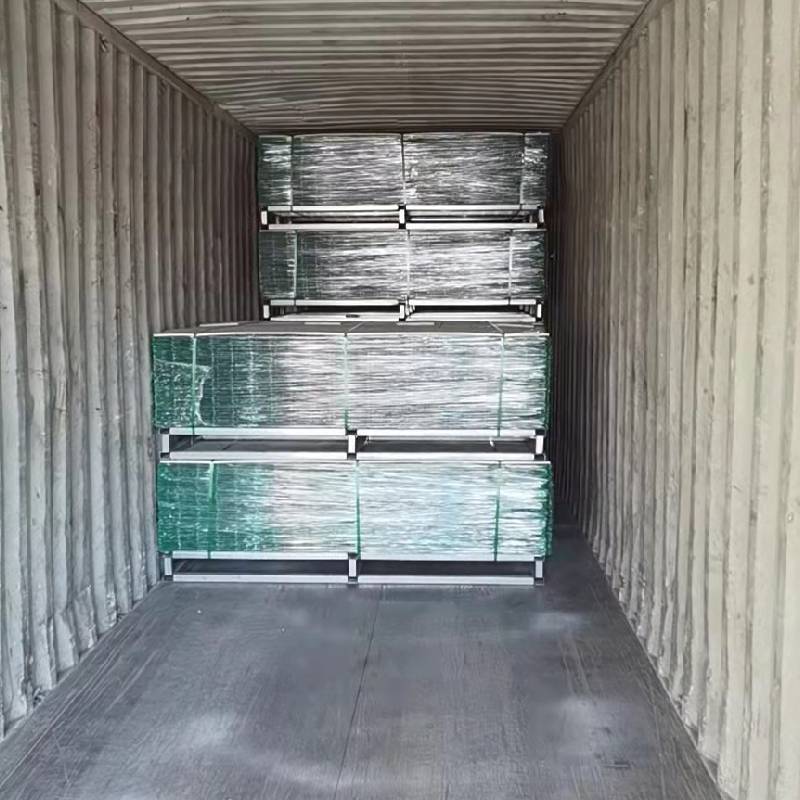
- Mobile Phone
- +8613931874955
- sales@cntcmetal.com
Custom Made Torsion Springs for Precision Engineering Applications and Unique Designs
Understanding Custom Torsion Springs Applications, Design, and Benefits
Torsion springs are mechanical devices that store and release rotational energy, operating around a central axis. These springs are typically made of coiled wire and are designed to provide resistance when twisted. As industries evolve, the demand for specialized components like custom torsion springs continues to rise, driven by the need for optimized performance in various applications.
Applications of Custom Torsion Springs
Custom torsion springs are utilized across numerous industries, including automotive, aerospace, medical devices, and consumer goods. In automotive engineering, these springs are pivotal in mechanisms such as hatchbacks and tailgates, where controlled rotation is necessary for smooth operation. In the medical field, custom torsion springs are often employed in devices requiring precision movement, such as hospital beds and surgical instruments.
Additionally, in the realm of consumer products, custom torsion springs can be found in everyday items like clothespins, popcorn poppers, and various toys. The adaptability of these springs allows engineers to design solutions tailored to specific requirements, ensuring maximum efficiency and longevity.
Design Considerations for Custom Torsion Springs
When designing custom torsion springs, several critical factors must be carefully considered to ensure optimal functionality. First, the spring's dimensions, including wire diameter, coil diameter, and overall length, must match the application's requirements. The material choice is also pivotal; typically, high-carbon steel or stainless steel is used due to their strength and resilience.
Another essential factor is the amount of torque required. Engineers need to determine the specific force the spring must exert and the angle range over which it will operate. This is calculated based on the application’s requirements, ensuring that the spring can perform its function without failure.
custom torsion springs

Furthermore, customizing the end hooks or loops of the spring is often necessary to facilitate attachment to other components. This aspect of design ensures that the spring integrates seamlessly with the surrounding mechanisms, enhancing overall performance and reliability.
Benefits of Custom Torsion Springs
The primary advantage of custom torsion springs is their ability to meet specific operational demands that standardized springs may not fulfill. By tailoring the design to precise specifications, manufacturers can achieve superior performance and extend the lifespan of the products in which these springs are used.
Additionally, custom torsion springs can help optimize costs by reducing material waste and manufacturing inefficiencies. When a spring is designed specifically for an application, it can eliminate the need for additional components, simplifying assembly and reducing overall production time.
Another notable benefit is the potential for improved safety and reliability. Custom torsion springs that are engineered for specific stress and torque conditions can significantly reduce the risk of failure, which is especially critical in applications like medical devices and automotive systems.
Conclusion
In conclusion, custom torsion springs play a vital role in a wide array of applications, providing essential functionality in devices that require rotational energy storage and release. Through careful design considerations and a focus on specific customer needs, manufacturers can create bespoke solutions that enhance performance and reliability. As industries continue to advance, the relevance of custom torsion springs is set to grow, making them an indispensable element in the design and manufacturing of innovative products.
share:
-
Yard Sign Stakes: Reliable Guardians of Outdoor SignsNewsAug.04,2025
-
Wall Ties: Invisible Guardians of Building StabilityNewsAug.04,2025
-
Resilient Web: The Super Guardian Power of Concrete MeshNewsAug.04,2025
-
Masonry Accessories: A versatile assistant on building foundationsNewsAug.04,2025
-
Iron Binding Wire: the 'invisible reinforcement specialist' in the fields of architecture and industryNewsAug.04,2025
-
Dynamic Spring: The diverse functions and excellent performance of Wire Tension SpringNewsAug.04,2025
-
Your Source for Concrete Wall Ties and Masonry AccessoriesNewsJul.10,2025



















